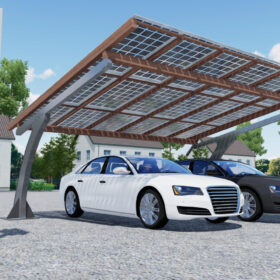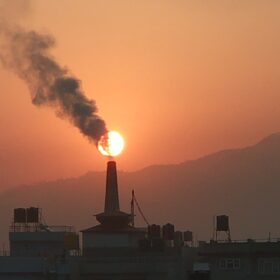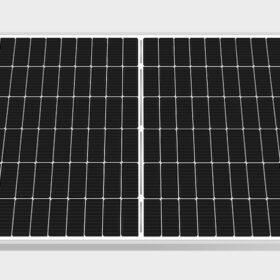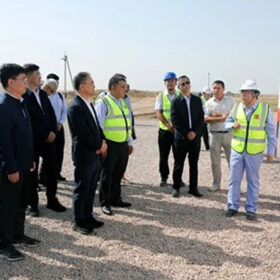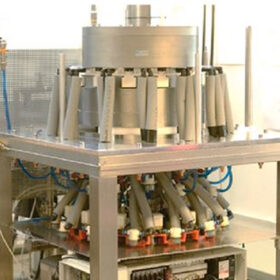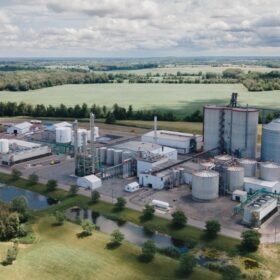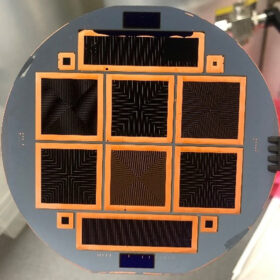Gridparity launches modular solar carport
The German PV system provider said its new solar carport is an ideal solution for shopping centres, supermarkets or do-it-yourself stores. It was conceived to operate with either standard or semitransparent bifacial double-glass PV panels.
A few micrograms of particulates enough to affect PV power generation
New research from South Korea has shown that even a 10 μg/m3 increase in atmospheric particulate matter can considerably reduce solar power generation and impact revenue of PV system owners.
Solar Asia unveils 730 W heterojunction panel with 23.5% efficiency
Pakistan-based Solar Asia said its new heterojunction product uses 210 mm cells provided by Chinese manufacturer Tongwei. The panel is designed and engineered in Germany by Sonnex Energie and is initially intended for sale in the Pakistani market.
Construction begins on 263 MW solar plant in Uzbekistan
China Datang has started building a $150 million, 263 MW solar plant in Uzbekistan for JSC Uzbekenergo.
Magnetocaloric heat pump for residential applications
Researchers in Denmark built a magnetocaloric heat pump prototype for heating purposes in residential buildings. Although more work is needed to bring the system closer to commercial maturity, it can reportedly achieve a 36.9 % heating power improvement with measurement feedback control.
NREL researchers want to use tetracene to make singlet fission solar cells
Tetracene is a polycyclic aromatic hydrocarbon that is commonly used in organic field-effect transistors (OFETs), organic light-emitting diodes (OLEDs), or as a sensitizer in chemoluminescence. Singlet fission solar cells can produce two electrons from one photon, making the cell more efficient
US ethanol facility to host steam-generating heat pump
Western New York Energy says it will install an industrial steam-generating heat pump at its ethanol plant in Medina, New York, with a maximum output temperature of 215 C and a coefficient of performance of 2.7.
Heterojunction solar cell based on metal oxides achieves 23.3% efficiency
TU Delft scientists used plasma treatment with boron (PTB) to build heterojunction solar cells relying on a hole transport layer made of transition metal oxide (TMO) thin films. The device showed significant equilibrium between the quantity of defects and carrier transport and achieved remarkable efficiency levels.
Using deep eutectic solvents to separate EVA films from end-of-life PV modules
A Chinese-Australian research team has used for the first time deep eutectic solvents for separating EVA films for end-of-life PV panels. The result is reportedly a 100% separation rate accompanied by an aluminum removal efficiency of 98.4%
Panasonic testing smart thermostats in residential heat pumps
Panasonic will integrate new smart thermostats and an energy management software in its Aquarea system from November. The new solutions are also designed to enable PV system owners to manage their heat pumps based on local weather forecasts.

